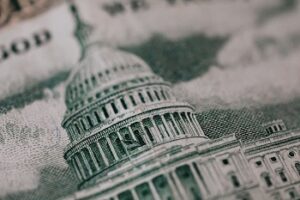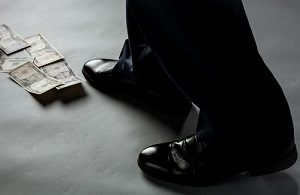Unauthorized Trading
Unauthorized trading involves the purchase or sale of securities or other assets in a customer’s account without the customer’s prior knowledge and authorization.
Whistleblowers with knowledge of unauthorized trading may be able to bring a claim under the SEC Whistleblower Reward Program or the CFTC Whistleblower Reward Program, depending on the financial products and parties involved.
Unauthorized trading can occur with any security or other financial product. For example, a broker may believe a transaction is in an investor’s best interest and, without contacting the investor, make the trade. Or the broker may attempt to convince the investor of a transaction’s benefit in the hope the investor ratifies the trade after the fact.
Common Types of Unauthorized Trading
Unauthorized trading can take several forms, including:
- “Rogue” or other unauthorized trading or trade execution in customer, client, or proprietary accounts;
- Exceeding firm limits on position exposures, risk tolerances, and losses;
- Intentionally mismarking positions; and
- Creating records of nonexistent (or sham) transactions.
Who Can Engage in Unauthorized Trading?
Traders, assistants on trading desks, portfolio managers, brokers, risk managers, and other personnel (including those in administrative positions in a firm’s back office) can all engage in unauthorized trading.
Unauthorized trading may appear on confirmations and regular account statements, but the party engaged in the unauthorized trading will typically take steps to avoid detection. For example, a transaction may only involve existing assets, such as the liquidation of an existing account asset to fund the purchase of a new security, so that no additional payment from the customer is required.
FINRA Prohibits Unauthorized Trading
Unauthorized trading may run afoul of federal law. SEC Rule 10b-5, codified at 17 C.F.R. § 240.10b-5, prohibits engaging in fraudulent schemes, misrepresentations or omissions, and deceitful practices in connection with the sale or purchase of a security.
Additionally, unauthorized trading may violate Financial Industry Regulatory Authority (FINRA) rules. FINRA is a self-regulating body that promulgates and adopts rules its members must follow.
For example, NASD Rule 3260, incorporated into the FINRA Manual, specifically prohibits brokers or investment advisers from executing discretionary trades without the client’s express, written permission. Further, FINRA Rule 4512 imposes on brokers several record-keeping requirements, one of which is to keep a list of people with authority to make discretionary trades for the account.
Unauthorized trading has also been interpreted to violate FINRA Rule 2020, which prohibits the use of manipulative, fraudulent, or deceptive practices, and Rule 2010, which requires its member to observe “high standards of commercial honor” and fair-trade principles.
Speak With an Unauthorized Trading Whistleblower Attorney About Your Case
If you have any questions, or would like to speak to a member of our experienced whistleblower team, please contact us for a confidential consultation.




